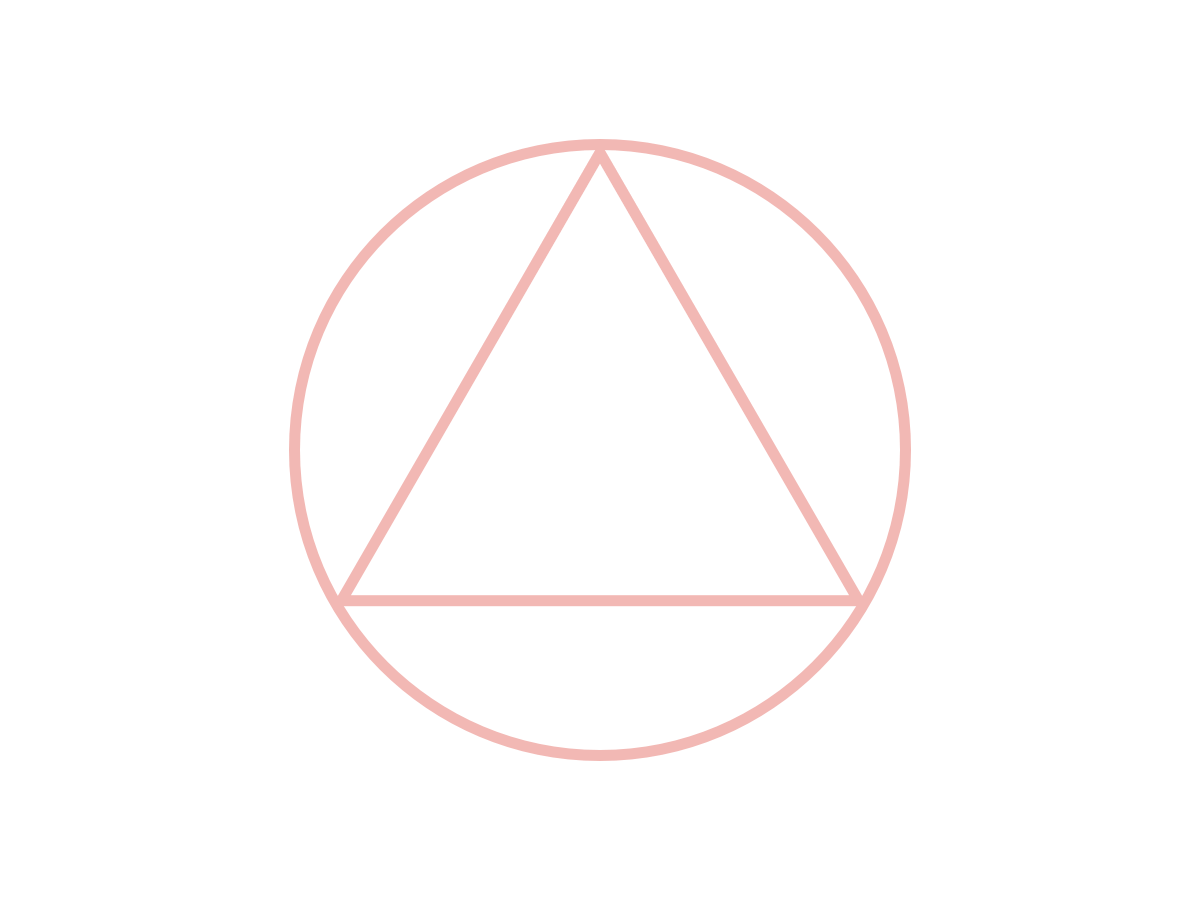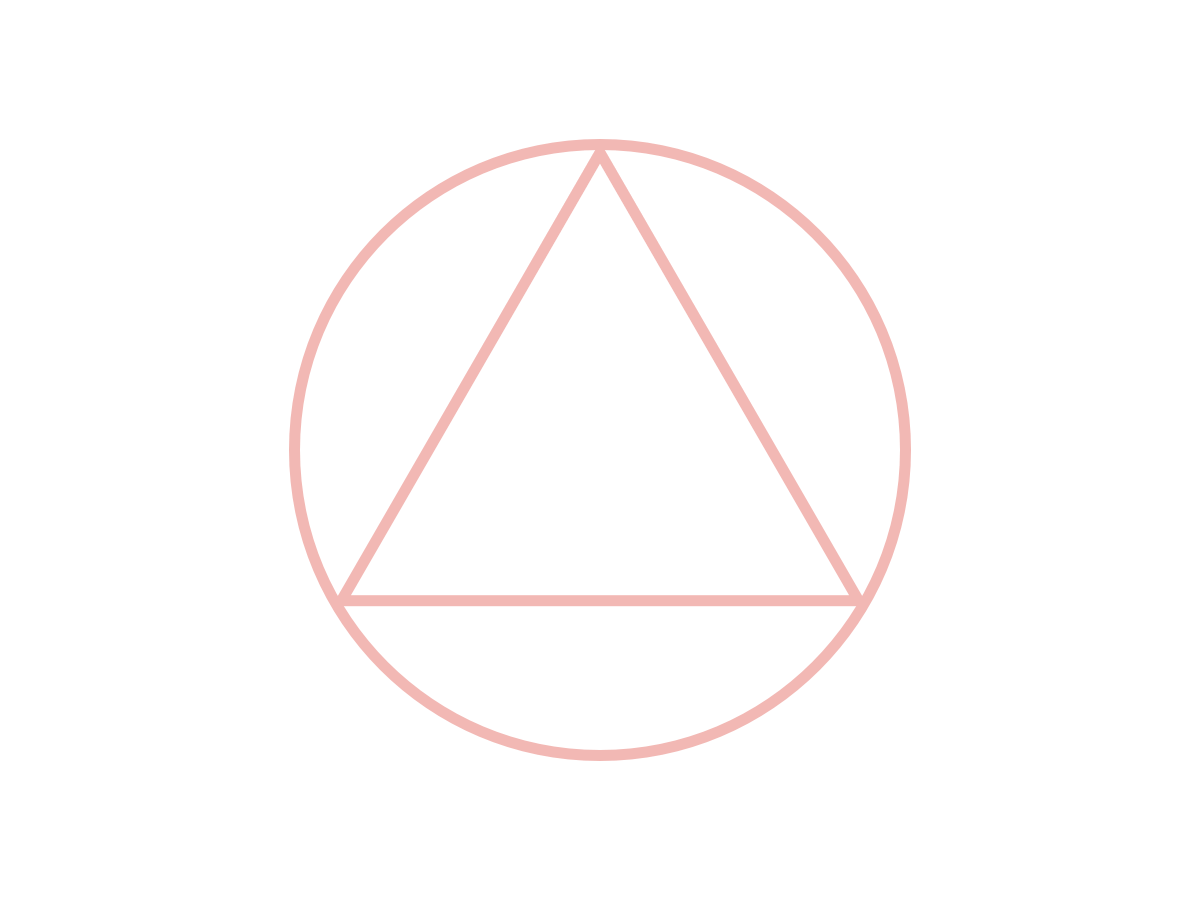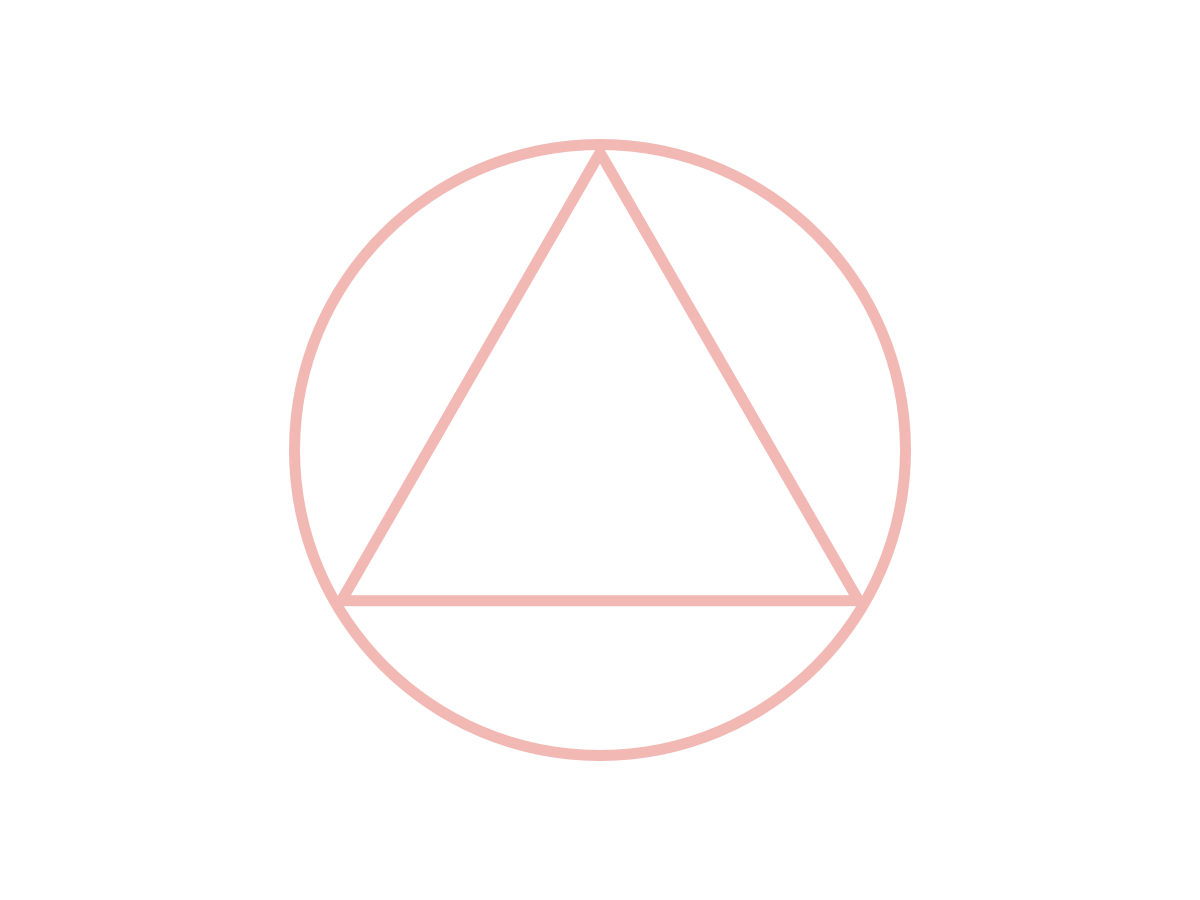Interview published on DesignDecode
"I think you can harness that creative power. I think you can build the environments, the tools, the platforms, and the challenges to assist these creative minds in fixing the world. To do that, you need to survive the coming storm. You need to undo chains of hierarchy, and replace the comfortable stress of remunerated workplace satisfaction, with the uncomfortable thrill of a fast future. Learn from how we see the world, and lose your fear of falling forward."
Michell Zappa is a futurist and technology advisor. He studies accelerating change and helps policy-makers and organizations to think about technology. Michell has given keynote presentations in more than 20 cities worldwide and worked with T-Mobile, LEGO, JWT as well as the Swiss Army, the Netherlands Ministry of Defence and the Government of Canada. His freely available information design work has been cited by Wired, Taschen and Fast Company and been used by hundreds of organizations worldwide. Michell cares intensely about our future and encourages people to do the same. Through his work, he helps people prepare for and build better futures.
So, first, tell me how and why did you found Envisioning? Could you describe the path you followed in the last years?
Envisioning began in 2011 as an attempt to show people the multitude of exciting technologies that are being developed today.
I've been an avid reader of tech for as long as I can remember. In my early teens it was science fiction, like Star Trek and playing games like Civilization. Later, I started reading Wired magazine and books like Bill Gates biography, developing an interest in technology as an industry. In my twenties I started studying technological theorists like Kelly and Heidegger, which made me appreciate technology as something that evolves over time.
Having studied marketing at university in São Paulo, I ended up with a design job at a trendwatching startup in Amsterdam. After a few years employed, I decided take a gamble at building my own thing in late 2010. Envisioning Technology began as a visual exercise of speculating about the future. I'd been compiling a database of interesting emerging technologies a while, and eventually designed an infographic showing how and when certain technologies might develop in the future.
To promote the work, I pinged dozens of editors at technology and designed related publications -- after all, my work existed as a direct consequence of theirs. The graphic hit a nerve and was quickly featured on places like Reddit and FastCompany. What had began months earlier to organize my own observations suddenly found an audience of thousands online. The overwhelming majority of attention was positive, with praise and suggestions for improvements across the board. Our work has evolved continuously since those early days, but the direction has remained the same: to help more people think about technology.
What people first have influenced your thinking?
I am impressed by thinkers, storytellers and makers. On the thinking side, I have been shaped by technology theorists like Alvin Toffler, Brian W. Arthur and Ray Kurzweil, who have helped me develop an understanding of how technology behaves in relation to humanity. On the practical side, I admire entrepreneurs like Elon Musk and Larry Page in how they are bringing massive technological change to the world.
- I am also a visual storytelling geek. I massively admire Edward Tufte, whose seminal Envisioning Information even helped me name my work.
- Also James Burke whose 1970’s TV series The Day The Universe Changed made me appreciate the importance of contextualizing technology by indicating it's connections over time.
How has your work evolved since you began with it?
I embrace platitudes like perpetual beta, and consider all work a process. On a more practical level, I’m constantly trying to bring more people a deeper understanding of accelerating change. Despite being intricately worked on, my first pieces required a lot of cognitive effort from the reader. They were quite hard to read. The methodology was unclear, and deepening your understanding about particular technologies was difficult.
For the last few years we've been working on improving our research methodology. Today we have tools for documenting individual technologies on the web and we are developing a mathematical model for estimating technological readiness.
How is your work received internationally?
I am fortunate in having been born into an international community. My work is global by default, and we have clients on all continents. Design is a universal language and technology should be an international effort. The vast majority of our work appeals to curious minds regardless of their location, and we’re working on translating content wherever necessary.
The limit of many of the technology methods of the last few decades is fragmentation. You suggest on the contrary that the value in technology is created by connection. Why do we still register this strong resistance to change?
Technology changes over time and is generally inclined towards co-evolution. In a way, all technologies are combinations of other technologies that came before it. You can see this in convergent devices like smartphones which incorporate previously existing technologies like calendars, flashlights and navigation systems. But you can also see it in the navigation system itself (like GPS), which combine satellites, radio receivers and atomic clocks. In other words, all technologies are infinitely connected to all other technologies. While fragmentation certainly happens from an anthropological perspective (through an increase of choice), what drives technology forward is connection.
Creativity is indicated as the leverage necessary to change the current technology system. Is it possible that we are thinking not about creativity, but already about some form of “super” creativity?
The explosion of cybernetics has largely accelerated the symbiosis between man and machine. We are, in more ways than not, intimately dependent on our technological surroundings. One might argue independence from technology because one's relationship precedes Tinder, or that they don't even have a television. But the moment you take away indoor plumbing or electricity, the symbiosis becomes easier to see.
Creativity is already supercharged by technology. We draw inspiration from Pinterest and academic journals, we express our thoughts in Photoshop or synthesizers, we share our work in real time -- and we would not have it any other way. Creativity to change the current system draws inherently from the system itself. We leverage existing technologies to build better ones.
Stefan Zweig wrote 1925 in Die Monotonisierung der Welt (“The Equalization of the World”) about the tendency of global homogenization. Are we becoming too connected? What should we be worried about?
I believe the increase of connectivity to have a net positive effect on humanity. It is no coincidence that the Internet has become the driving force behind industrial and political disruption around the world. Zweig sure anticipated the global homogenization of culture, which might have drained a couple of communities of their local identity — and that is a shame. I think we are learning to deal with the multiplicity of choice that global connectivity offers, and that we are pushing the boundaries of what is possible when voicing dissatisfaction.
Behind every successful startup is the solution to a problem previously thought unsolvable. Behind every political uprising is the power of citizens disappointed with the status quo. Hyperconnectivity is a the most powerful democratizing force humanity has ever experienced. Only those acting in disservice to their populace or customers should be worried.

Victor Hugo wrote “On résiste à l'invasion des armées; on ne résiste pas à l'invasion des idées”, which liberal translated means that nothing is stronger than an idea whose time has come. For the technology system has come this time?
Technology is a system of systems. Everything humanity creates is fundamentally technological in nature, meaning the system has neither a beginning nor an end. From the moment we dominated fire and started cooking our food, to the the invention of steam power and the alteration of manual labor, to successfully putting a man on the moon — technology has steadily amplified the boundaries of what is possible. Humanity is symbiotically entwined with technology, regardless of whether you carry a smartphone
The army cannot be resisted, but the invasion is far from over. As with any symbiotic relationship, we better learn how to dance together.
Piaget first considered knowledge as the highest form of adaptation in a complex organism, the mind building itself builds also the world. Are the digital technologies the new tools of this co-evolutionary process for the system design education?
Absolutely.
American author Kevin Kelly refers to technology as the seventh kingdom of life. From his perspective, the system of technology has a life of it's own which coexists with the other natural kingdoms. I believe this system has co-evolved with humanity since the moment we started using tools. Consider how the very metaphors we use to describe current understanding of consciousness are indicative of co-evolution: 19th and 20th century thinkers saw the mind as a machine, while current theory indicates the consciousness as a network.
What’s the biggest misconception about your fields?
That technology is something that can be avoided.
What will change everything in technology design?
Immersion.
Environments like virtual reality (VR) and augmented reality (AR) are on the cusp of becoming mainstream. Players like Facebook, Microsoft and Sony have been investing massive resources in developing devices for immersive experiences. Augmented reality in particular (which Microsoft refers to as holograms) will enable collaboration on complex, large-scale and interactive designs with the kind of clarity and speed that is impossible using the current generation of screens. With immersive design we'll be able to create virtual environments that fool the senses. We'll construct digital layers floating on of the physical. We'll interact with bits like we do with atoms.
Could you describe your usual creative process? How does it work?
Empathic and chaotic.
Empathic because I spend considerable time listening to people about their concerns and misgivings about my area of research. After understanding what worries them, I design tools relevant to alleviating some of these issues. That’s how the first visualizations came about, for example. Chaotic because most of our work is done by trial and error. As far as I know, ours is the only tool-building technology forecasting network in the world. We try mirroring past successes whenever possible, but often find ourselves having to invent things from scratch. From my experience, guided chaos is the most adaptive, resilient method for moving ahead in uncertain conceptual terrain.
What’s one trend that excites you?
Clean energy is changing everything. Existing global infrastructure is mostly centralized, dirty and inefficient. This is quickly being replaced by decentralized, clean and smart systems. Public utilities and energy companies are painfully aware of what's ahead and have started working in the right direction. Next-gen energy suppliers like Bloom and Tesla Energy which are building distributed, renewable infrastructure show tremendous potential for disrupting how the planet is powered.
What’s one trend that scares you?
Technological unemployment is (also) changing everything. Markets generally optimize for gain by squeezing productivity out of organizations. One consequence of this is that companies are becoming better and better at operating with fewer and fewer workers. This largely explains why markets capitalization steadily grows while jobs disappear. The benefit of the few is outweighing that of the many.
What questions are you asking yourself? Any new projects?
I am constantly asking myself how to make more people think better about the future. My job is helping people understand the implications of accelerating change and how it will change their lives. Envisioning has been relatively quiet for a couple of years, and I am excited to announce we have lots of new projects in the pipeline. My top three:
Futuredeck, an open database of emerging technologies. We are finally putting the foundations of our research online in the form of an organized and searchable directory of the future. There, you will find descriptions of hundreds of emerging technologies organized by industry, further reading, streams of updates, and links to startups working in the area.
Futurekit, an open workshop methodology to devise solutions for existing problems using emerging technologies. Co-developed with THNK.
Fuck Yeah Future Shock!, a constantly updated collection of images highlighting some of the more uncomfortable aspects of the near future. This purposefully provocative blog means to leave the reader scratching their head and asking themselves if this is the future we want for ourselves. The school of creative leadership, the methodology will be applicable by anyone in groups of 10-25 people in an afternoon.
What would you like people take away from your work?
Consume more science fiction. It's no coincidence sci-fi authors are exceptionally good at predicting the technology of the future. In fact, I see sci-fi actively informing the compass of technological evolution, meaning these books and movies contain blueprints for the future.
Consider the consequences. Technology is a force leveraged by the action of individuals. Every decision you make – from the IT platform purchased at your company to choosing cash instead of card – directs the direction of technological evolution. We should not be passive bystanders to the decision of others but rather informed agents capable of making consequential choices.

Scientist and non-scientist you’d most like to meet?
I have been fortunate with how open the research community is to new entrants. Practically everyone I have reached out to has responded positively, leading to numerous coffees and video conferences around the world. Even those who are inaccessible for practical reasons often share experience in lectures and seminars online. YouTube and Skype are the best thing that ever happened to sharing knowledge.
You couldn’t live without?
Literally: other people.
Practically: the internet.
One amplifies the other.



